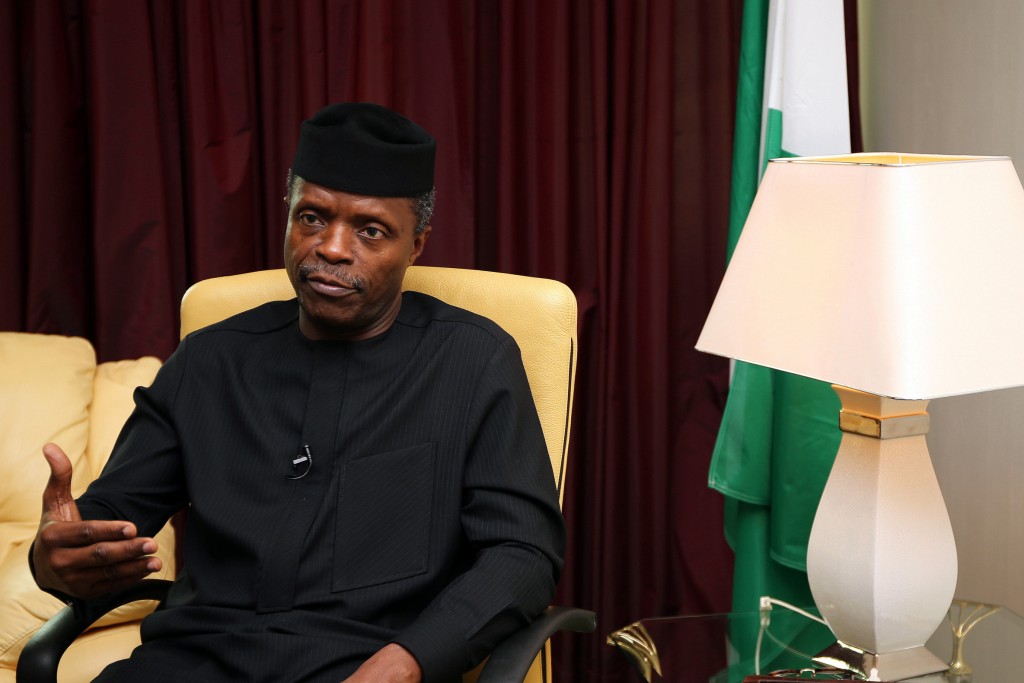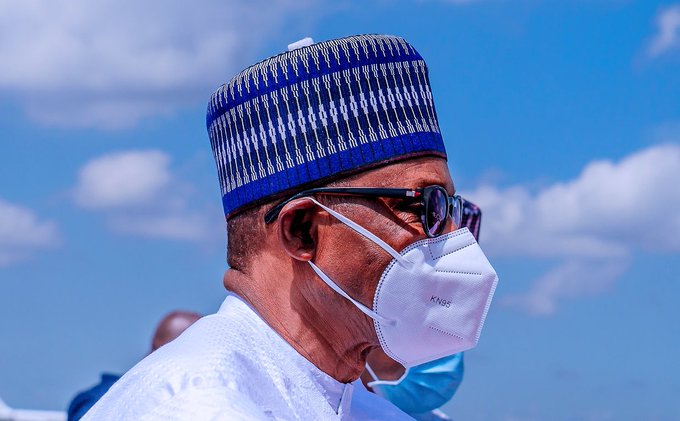The Federal Government, says population growth and effects of climate change are some the factors causing shortage of supply of potable water.
The Minister of Water Resources, Mr Suleiman Adamu, said this at a symposium to commemorate the 2018 World Water Day in Abuja.
According to him, in spite of the accomplishments and enormous opportunities such as abundant freshwater, favourable weather, substantial human capacity available in the water sector, a lot of work still needed to be done.
He said it was saddening to note that the current national access to water supply stood at 57 per cent, millions of Nigerians, especially in rural areas are still without access to improved drinking water sources.
‘‘The provision of water infrastructure is capital intensive, hence the need for a concerted effort by all stakeholders to overcome the challenges in the water sector.
‘‘Statistics have shown over the years that with the rapid increase in population growth, access to clean drinking water and sanitation steadily declines.
‘‘A lot of factors contribute to the water crises, such as climate change, poor management and a lot more, the most incriminating is the neglect of our ecosystem.
‘‘This has resulted in environmental damages such as floods, droughts, water pollution among others.
‘‘A worrying challenge is the declining percentage of Nigerians that are getting that water supply through piped networks, from 31 percent in 1990 to less than 7 percent in 2017.’’
Adamu, represented by the Permanent Secretary, Dr Musa Ibrahim, said the result had shown that the remaining 93 per cent of Nigerians got water from other sources.
He said it was evident in the drilling of boreholes with resultant consequences on the environment in urban areas and fetching of unclean water from streams and rivers in rural areas.
The minister restated the Federal Government’s commitment towards formulating and implementing policies and programmes that will enable sustainable access to safe and sufficient water for all Nigerians.
Mr Simone Grego, UN Educational, Scientific and Cultural Organisation (UNESCO) Representative, said that drinking water resources was one of the major issues of the century globally.
Grego, quoting a UN World Water Development Report, said globally, 3.6 billion people live in potentially water-scarce areas, saying this figure could rise to 5 billion by 2050, if nothing was done.
According to him, 80 per cent of waste water returns to the ecosystem without being treated, saying this development was leading to degradation of the ecosystems causing ecological imbalances and water scarcity.
Grego called for urgent solutions that would protect, manage and restore natural ecosystems that would respond to the human and ecological challenges being faced.
‘‘Planting new forests, reconnecting rivers to flood plains and restoring wetlands are solutions that will address contemporary water management issues,’’ he said.
He pledged the commitment of UNESCO to support government’s transition to green economies and in programmes to implement better integrated water policies.
Dr Chichi Okoye, WaterAid Country Director, said the SDG 6 commits the world to ensure that everyone has safe water by 2030, saying protecting the natural environment and reducing water pollution was imperative.
She urged the Federal Government to prioritise water and sanitation by improving budget allocations to the sector.
‘‘The dire situation needs the highest level of government’s attention, especially in delivering water for the poorest and most marginalised people.
‘‘In addition to financing, we need an integrated approach to solving the water crises where water, sanitation and hygiene needs are integrated into health, education, nutrition and gender equality.
‘‘Without water, none of the UN Global Goals can be met,’’ she said.
News Agency of Nigeria reports that World Water Day is celebrated on March 22 annually to focus attention on the importance of water to mankind.
The theme for World Water Day 2018 is: ‘Nature for Water’ – exploring nature-based solutions to the water challenges we face in the 21st century.




